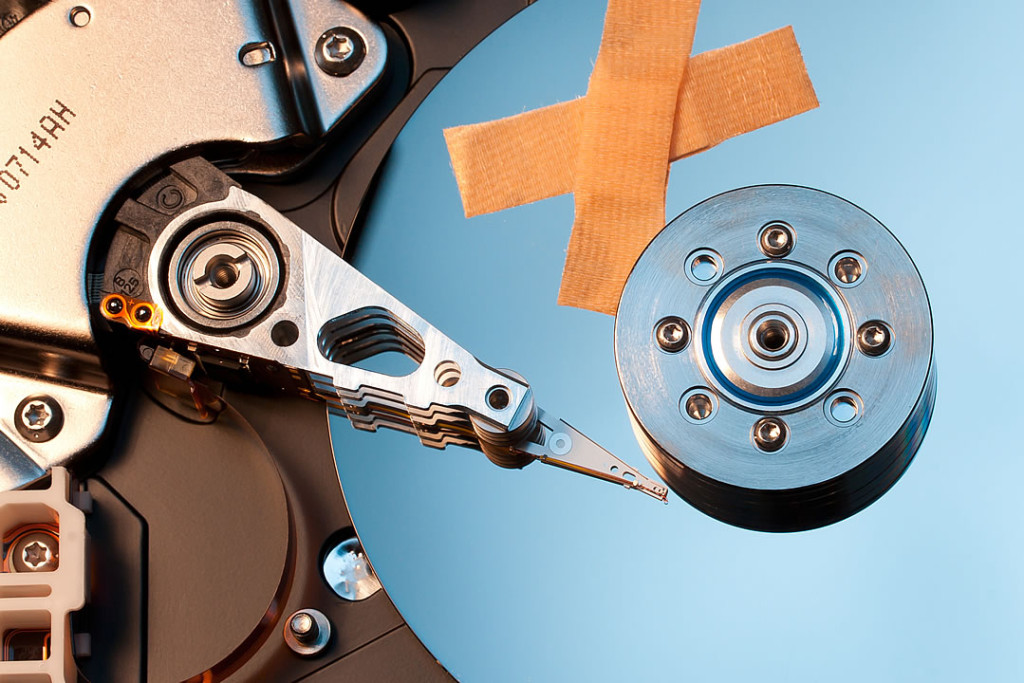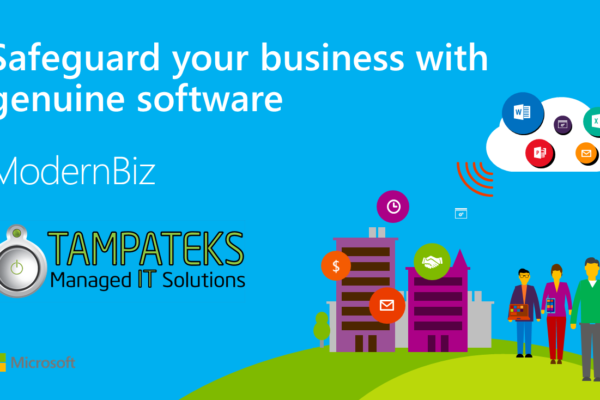

Entrepreneurs and small businesses, especially ones that are fairly new, often don’t think about making plans to recover in case of a disaster. However, it is the smallest business that most likely has the fewest resources to fall back on in case of disaster.
Why does this happen?
- It isn’t on an entrepreneur’s radar – The challenge and hurdles of starting out are what drive small business owners. The excitement that comes with getting a new client or releasing a new product are what motivates them. To be honest, things like disaster recovery plans are a little dull and aren’t part of the exciting day-to-day hustle of running a company. As a result, these issues get put on the back burner.
- Planning tools can seem too complex – Ideas like “risk assessment” and “business impact analysis” can be intimidating. Many SMBs may just feel the whole area is overwhelming and leave it to another day.
- It is perceived to be unaffordable – Many owners may believe that putting disaster recovery plans into place involves a lot of additional spending on consultants, backup hardware and more software. That isn’t true. With cloud technology and the use of a managed service provider, disaster recovery doesn’t need to be an intimidating or expensive proposition.
To learn more, see our E-guide:
“Staying Alive: The Definitive Guide to Business Continuity and Disaster Recovery for Small Businesses“.


